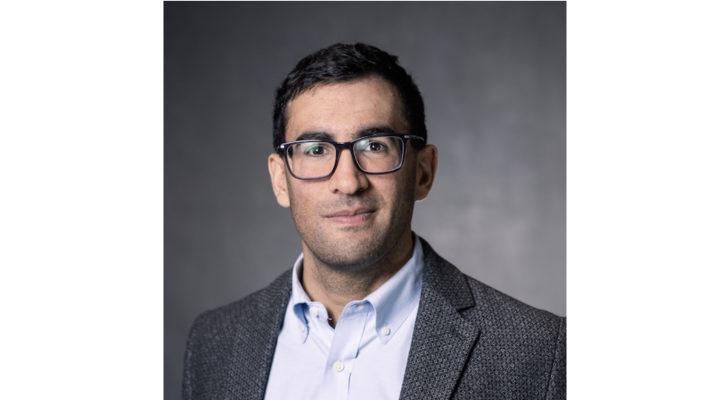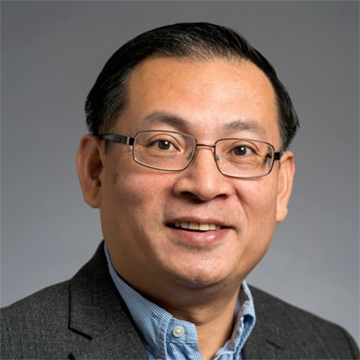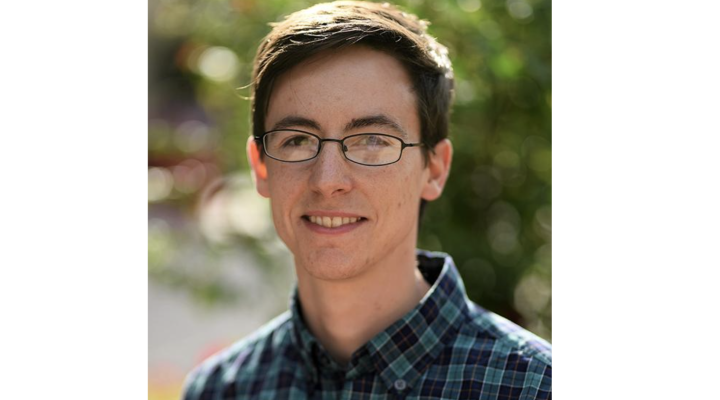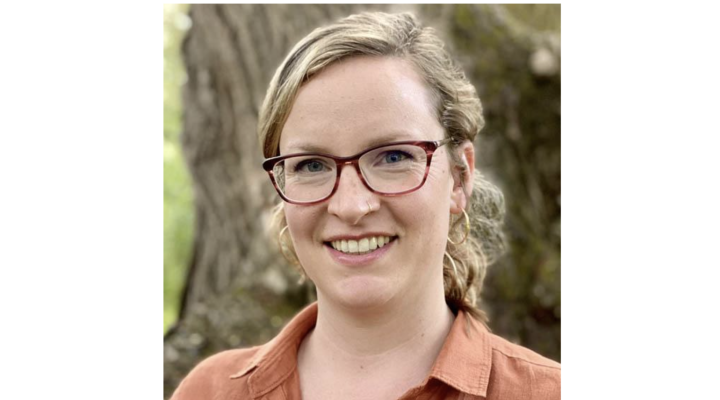In February 2020, Cornell Engineering announced that Professor Shaoyi Jiang, Ph.D. ’93, would be joining the faculty of the Nancy E. and Peter C. Meinig School of Biomedical Engineering (BME) as the inaugural Robert S. Langer ’70 Family and Friends Professor. Jiang, who holds 55 patents, specializes in zwitterionic materials, a unique class of biocompatible substances that resist proteins that degrade the performance of medical implants and nanomedicines.
Put simply, Jiang has worked to create substances that can be used in the human body without provoking an immune system response.
Jiang comes to the Meinig School after twenty years at the University of Washington, where he held the Boeing-Roundhill Professorship and received the 2017 Braskem Award for Excellence in Materials Science and Engineering.
Jiang spoke recently about his connection to Cornell and his reasons for returning to the place where he earned his Ph.D. more than 25 years ago. “Whenever I would go to a seminar or give a talk about my work,” says Jiang, “people would often raise their hand and say ‘Looks like the problem is solved! What’s next for you?’ But to me it is just the beginning because I have a sense of where the field is going and I know we really are just at the start.”
Because Jiang sees where the field is going, he wants to be at a place where he has ready access to a broad range of collaborators that can help him get there quicker. “When I started at the University of Washington twenty years ago, I realized that chemistry and engineering needed to be combined into biomaterials. And now I understand more deeply that these materials I have created need to move from the laboratory bench into practical use with patients .”
Jiang is shifting his focus to translational research, where his materials can be used in a broad range of medical applications. And Cornell is the perfect place to make this transition from material creation to application. “I talk to a lot of people at Weill (Cornell Medicine) and everyone is so interested in working together. I need to work with them to transition my materials into the clinic.”
In addition to finding applications for his materials, Jiang also wants to develop a basic understanding of exactly what happens when these materials are put into a biological context. As creators of these materials, we understand the chemistry,” says Jiang, “but we don’t yet know exactly how the body’s systems will respond to them. We would like to ask, fundamentally, what is going on once one puts a material into the human body.”
Jiang is thrilled to be able to work with researchers from the Cornell School of Veterinary Medicine, the Center for Immunology, the Weill Institute for Cell and Molecular Biology, and the Weill Cornell Medical College to transition his materials out of the lab and into the human body and at the same time to build a fuller picture of what exactly is happening when these materials are in the body.
Marjolein van der Meulen, Swanson Professor and James M. and Marsha McCormick Director of Biomedical Engineering, believes Jiang is a perfect fit for the Meinig School and for the University. When Jiang was announced as the first Langer Professor, van der Meulen said, “Professor Jiang complements and strengthens our current faculty research in materials and will be a natural leader for multi-faculty efforts. He has a broad, creative and forward-looking vision for the role of materials in medical applications, and a proven record of scientific accomplishments and successful collaborations.”
van der Meulen also imagines Jiang’s work will fit in well with the university’s NEXT Nano program, part of the provost’s Radical Collaboration initiative, focused on interdisciplinary nanoscale science and microsystems engineering. “We are especially pleased that Shaoyi will be the inaugural Langer Professor. He is the ideal person for the position.”





